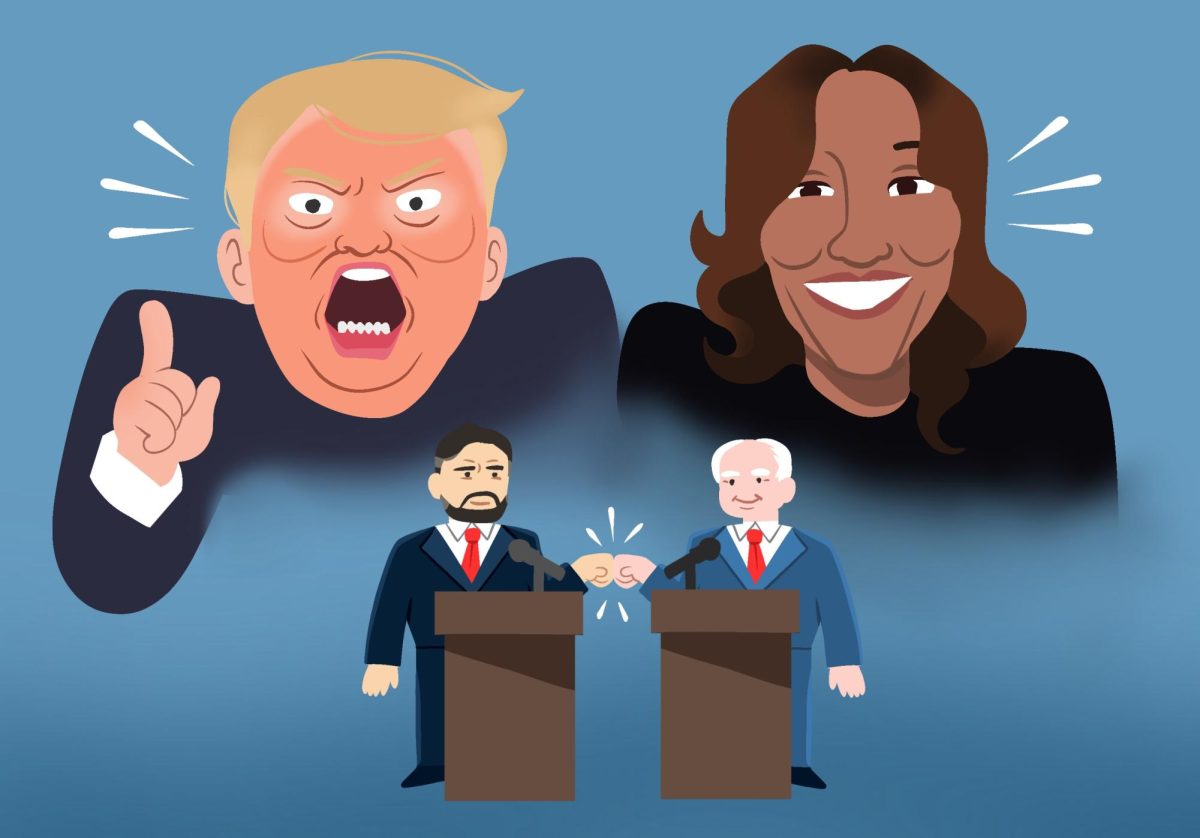I have an ad campaign for Wal-Mart Chief Executive Lee Scott. Every day next week, take out two-page spreads in the major newspaper of every state. On the left side, put a picture of Wal-Mart’s price-cutting yellow smiley face. On the right, 20,000 people in front of an unemployment office. And across the bottom, in big black letters: “Choose.”
Not exactly the typical PR campaign, but then again, Wal-Mart’s brass are not in a typical situation. Labor unions and state politicians across the country are pushing what have become known as “Wal-Mart fair share bills,” which force big retailers to spend a certain amount on employee health-care costs or pay the difference to the state.
As medical costs continue to skyrocket, state lawmakers say this is a way to ensure Big Business does not throw workers’ health-care costs onto the government. In reality, health-care mandates have much less to do with insuring Americans and much more to do with expanding entitlements and serving Big Labor.
Maryland was the first state to pass a so-called “fair share” health-care law in January. The Maryland bill applies to only those companies with more than 10,000 employees (Wal-Mart), but copycat legislation in other states has dropped the threshold to as low as 1,500. If lawmakers in states like Oklahoma and New Hampshire get their way, it won’t be only big profitable grocers and retailers that are forced to pay for expanded health-insurance packages. It will be smaller businesses, too – ones that consciously will avoid operating in states with expensive health-care mandates. State legislators seem to be under the wishful presumption that when these laws are passed, big companies will just bellow a little and then go about their business. Not so. The Retail Industry Leaders Association has launched a campaign to preempt more states from adopting the legislation, and corporations are threatening to fight back in their own way.
It is all too easy to forget that big employers like Target, Costco and Wells Fargo employ millions of people across the country, and at no small price. If they face a choice between building a new store in Maryland, where payroll costs are now thousands higher, or Wyoming, where no such health-care mandate exists, they probably will head for the Rockies. When the Minnesota Senate took up its version of the Wal-Mart bill, a Best Buy spokeswoman told the St. Paul Pioneer Press, “Whenever you are looking to expand in a state, you look at all the reasons that make sense, and the reasons it doesn’t make sense. Costs are always a part of that.” Translation: Hello, North Dakota.
Wal-Mart’s response to the Maryland law was similar – an announcement to put off a proposal to build a new distribution center in Somerset County in eastern Maryland. A study done by Johns Hopkins University and Loyola College economists estimated Wal-Mart’s original plans would have boosted Somerset County employment by 14 percent, annual county output by $128 million, and yearly state and local taxes by $19 million. Now not only will the relatively poor Somerset residents lose those benefits, they will lose related money from upstream and downstream revenues (e.g., from construction costs) as well.
In other words, the real losers from the Wal-Mart bills are the people legislators claim to be helping. The underlying truth is health-care mandates act as market distortions that merely redirect investments to lower-cost locations. Fair share laws, which now are pending in some 33 states, only can hurt workers and make interstate commerce a little more bureaucratic and a lot more uneven.
Of course, if lawmakers were serious about getting uninsured people insured, they would not be attacking employers that get people off welfare rolls and onto private plans. Of the 45 million Americans who are uninsured, more than 25 million are self-employed or work for small businesses. Many of the remaining 20 million are young people who can afford health insurance but don’t bother getting it. Many are old people who qualify for Medicare but don’t know it.
That leaves the much-patronized “too poor but not poor enough” bloc of citizens far smaller than leftward policymakers like to admit. When Maryland passed its Wal-Mart bill earlier this year, the state was home to some 780,000 uninsured residents. Of those, fewer than 4,000 (one half of 1 percent) worked for Wal-Mart.
What a dynamite solution to the health-care crisis.
There’s little reason to bother the anti-Wal-Mart parade with such details. Big Labor is getting what it really wants: attention, for one, and second, a shot at demonizing the largest nonunionized employer in the nation. State lawmakers say the Wal-Mart bills are a way to get corporations to hold up their end of the health-care bargain. More likely, they have found a new scapegoat for the ills they don’t know how or are unwilling to solve.
Either way, Wal-Mart headquarters won’t be alone in its misery if this demagoguery keeps it. You might find the other victims at the unemployment office.
Darren Bernard welcomes comments at [email protected].






